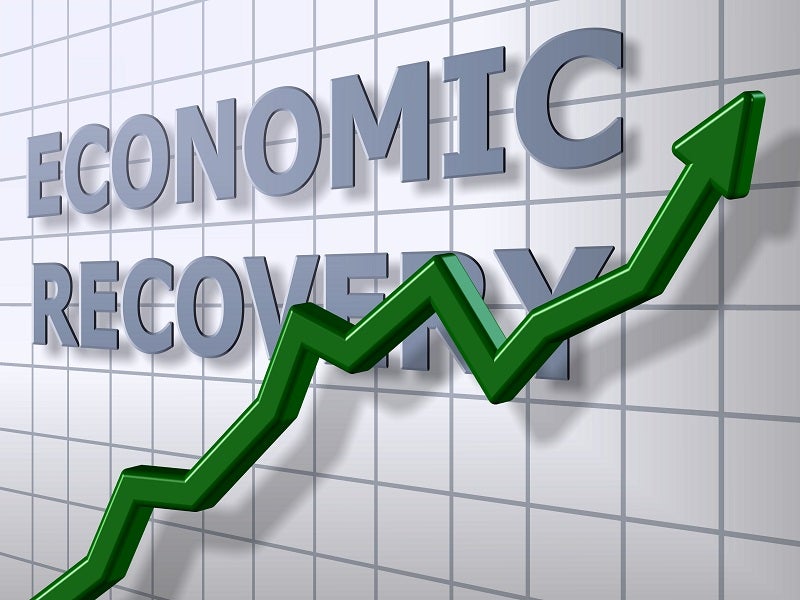From Africa’s increasing public debt levels raising an alarm over the issuers of Eurobonds to Vladimir Putin’s decision to postpone investment in his flagship project, and a possible UK house price crash, macroeconomic influencers discuss the impact of Covid-19 on the global economies.
Jonathan Davis
As Covid-19 is expected to cause the worst global recession since the World War II according to the World Bank’s analysis, the UK housing prices could crash by 20%-30%, opined Jonathan Davis sharing an article published by Anthony Codling, CEO at property platform twindig.
The article highlights that the current situation in housing is different from that during the credit crunch. Anthony Codling articulates the housing situation during Covid crunch as seller drought and that during the credit crunch as buyer drought.
Despite the seller drought, Anthony Codling feels downward pressure on housing prices due to growing fear of unemployment and mortgages getting more expensive and limited as banks step up to protect their balance sheets.
Anthony Codling was former Executive Director at JP Morgan Cazenove.
"However, when analysis from the World Bank suggests this will be the deepest global recession since the WW2 and the broadest collapse in per capita incomes since at least 1870, talking up house prices feels as futile as King Canute talking up the tide." Who wrote this? 1/2
 GlobalData Strategic Intelligence
GlobalData Strategic IntelligenceUS Tariffs are shifting - will you react or anticipate?
Don’t let policy changes catch you off guard. Stay proactive with real-time data and expert analysis.
By GlobalData— Jonathan Davis FPFS FCII 📉📈 (@j0nathandavis) July 13, 2020
Nadia Ouedraogo
Nadia Ouedraogo tweeted about Africa’s increasing external public debt burden, which reached 56% of the country’s gross domestic product (GDP) increasing the exchange and interest rate risks of the lending countries, majority of which are European as Eurobonds account for nearly 20% of the debt.
Africa’s debt as a percentage of GDP increased from 38% a decade ago, according to Africa’s Economic Outlook 2020 report published by Africa Development Bank Group.
End of the commodity super-cycle combined with sluggish growth and export revenues caused the increase in external debt ratios, according to the report which adds that Africa’s extreme poverty will not be eliminated for at least a decade if current trends persist.
Africa's public external debt is rising but more importantly its composition has changed. The debt burden has reached nearly $500bn (56% of GDP) with Eurobonds accounting for more than 1/5, exposing countries to increased exchange and interest rate risks. https://t.co/gp2Rwjbn6c
— Nadia Ouedraogo (@ouedraogo_nadia) July 12, 2020
Adam Tooze
Adam Tooze tweeted about an article originally published in Financial Times about deferring Vladimir Putin’s flagship national investment plan by six years due to the Covid-19-induced recession in Russia.
The $360bn plan includes projects that would boost the living standards and improve GDP growth beyond the global average. Postponement of the investment is expected to delay Russia’s economic recovery.
The article adds that Russia’s economy is expected to contract by 6% in 2020 according to the World Bank, due to falling natural resource export revenues among major reasons.
Vladimir Putin has delayed his flagship $360bn national investment plan by six years as the coronavirus pandemic pitches Russia into recession and leaves a hole in the federal budget.https://t.co/Bdohtk2KlO pic.twitter.com/RhHmwv03qL
— Adam Tooze (@adam_tooze) July 13, 2020
Branko Milanovic
As the world stares at recession due to Covid-19, Branko Milanovic tweeted about how the ultra-rich suffered income erosion over five years following the 2008 recession, compared to the middle-class that may have an imperative for the current times.
Based on a paper by economist Branko Milanovic, who is one of the co-authors of what became popular as the elephant chart, global income inequality declined during 2008-2013 following the recession.
The economist studied a household survey dataset covering more than 95% of the global population across 130 countries to analyse the changes in income distribution. The analysis revealed that the world’s Gini co-efficient fell from 66.4 to 61.6 during the period.
While the income growth of the top 1% of earners increased by a mere 6% during the five-year period between 2008 and 2013, that of the top 90th percentile grew by 15%. The income of those in the middle of the global distribution grew by approximately 60% over the period.
The trend differed among countries, however. While the incomes of the super-rich in India benefitted from the recession, the situation was opposite in the US where the super-rich witnessed incomes falling by roughly 5% compared to a 5% income growth witnessed by most of the population.
Ferdinando Giugliano – Ultra-Rich Lost Out in the Last Recession https://t.co/An2Xv1JSfy
— Branko Milanovic (@BrankoMilan) July 12, 2020




